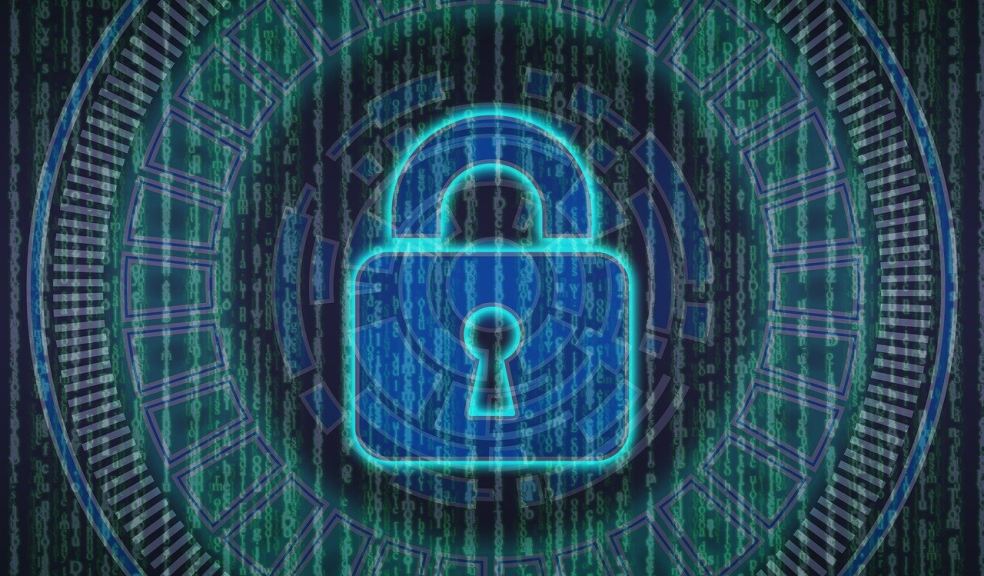
Next-Generation Firewalls: A Key Component of Modern Cyber Defense
The importance of next-generation firewalls (NGFWs) in safeguarding digital infrastructures is immense, given the increasing complexity of cyber-attacks. NGFWs go beyond the capabilities of conventional firewalls that deny entry through particular ports and protocols alone. Such firewalls analyze what is passing through them to see if it is harmless or if viruses are attempting any breaches, etc. In essence, these are firewalls that combine enterprise firewall functionality but are enhanced with integrated intrusion prevention and application control features.
The Evolution of Cyber Threats and NGFWs' Response
As cyber threats evolve, so does the necessity for robust cyber defense mechanisms. Initially, firewalls served as the primary gatekeepers, filtering traffic based on predefined security rules. However, traditional methods have become insufficient with cybercriminals now employing more complex strategies such as advanced persistent threats (APTs) and ransomware. This is where NGFWs step in, offering features like SSL inspection, website filtering, and antivirus integration. These capabilities make them an invaluable component for any organization striving to protect its network integrity. For instance, technologies from providers like moonlock.com represent how cybersecurity adapts to meet these challenges, ensuring that technology remains accessible and protective for all users.
Key Features of Next-Generation Firewalls
To fully understand why NGFWs are so effective, it's important to break down their key features:
- Deep Packet Inspection (DPI): Unlike basic packet filtering, DPI examines the data part (and possibly the header) of the packet as it passes an inspection point, searching for non-compliance with security policies, viruses, spam, intrusions, or other defined criteria.
- Application Awareness: NGFWs can identify and control applications, regardless of the port or protocol used. This ability ensures that only safe and necessary applications are allowed network access.
- Threat Intelligence Integration: Modern NGFWs utilize up-to-date threat intelligence to enhance security measures against emerging threats, automatically adjusting their security policies based on the latest data.
Integrating NGFWs into Existing Network Infrastructures
It is possible to integrate next-generation firewalls into your existing network infrastructure without going through a lot of difficulties. In fact, if well planned, the integration can occur smoothly. The size of the network, what has already been established about security in the network, and the nature of security required in your organization are some of the crucial factors to consider when adopting next-generation firewalls. To do this effectively, however, requires implementing a few key strategies like setting configurations based upon unique requirements followed by ongoing analysis or inspection. Additionally, an organization should make sure that it evaluates its current network traffic and load so that the NGFW will be able to accommodate the anticipated throughput rate without causing any problems or delays. It is also important for organizations to train their personnel on how to manage and troubleshoot such devices in order to enhance network security. As such, it follows that involving stakeholders from different departments at the planning and execution stages would offer valuable advice for customizing the NGFW within the organization's operating environment.
NGFWs and Regulatory Compliance
Every business must prioritize following the data protection laws as well as complying with them, given the nature of the present-day regulatory environment. NGFWs play a role in this by providing essential records and audit trails. Additionally, these NGFWs have advanced monitoring functionalities that ensure strict compliance with data across the network with such bodies as GDPR or HIPAA. Such capabilities are essential in preventing data breaches and creating avenues for reporting anomalies and security issues to be communicated promptly by regulatory authorities. By installing an NGFW, a company signals that it takes security very seriously, which often results in trust gains from customers and business counterparts. In the long run, such industries with data security as their number one priority may offer some benefits for being committed over others.
Challenges and Considerations When Choosing an NGFW
In order to select the right NGFW, it is important to know what your organization requires and what different firewall products can offer. Some of the factors that should be taken into account here are the cost available, how complex a network you have built up, and what level of security is necessary for you. Moreover, one should consider the facility of control as well as the support service from the vendor. Also, keep in mind whether the firewall can grow with the organization and if the NGFW fits well with existing security tools and software architectures in terms of compatibility. One should also determine how fast the NGFW can implement new security rules and whether it can integrate with other security measures, such as threat intelligence platforms. This analysis will ensure that the chosen NGFW not only matches the current security situation but also adjusts to emerging hazards.
Conclusion: Securing Your Future with NGFWs
From what we have learned, it is essential to include next-generation firewalls in a modern cyber defense system. Suppose you ask appropriate queries with regard to your requirements and the potential of NGFW in the market. In that case, you can keep your organization safe from continuously increasing advanced-level internet hazards. Select a firewall that protects and enables your business operations in the digital space safely. What measures are you taking to anticipate future cyber threats? In addition, there will be a greater need to ensure that one stays ahead of cyber criminals using emerging digital threats and better security apparatuses. Investing in a strong and resilient NGFW assures not only the mitigation of risks but also some peace regarding the safety of the network and data; thus, it promotes long-term business resilience and stability within the digital world.













